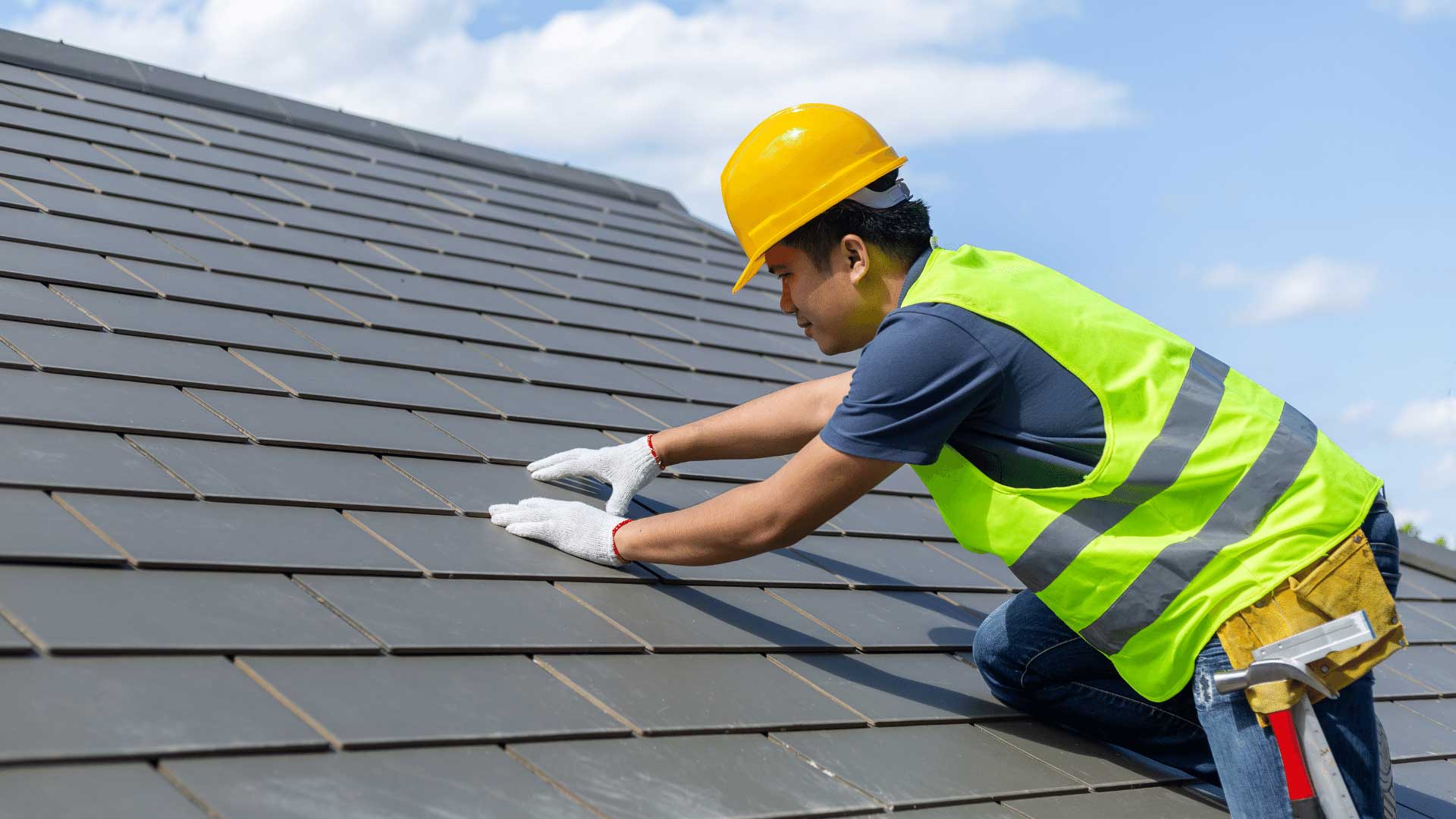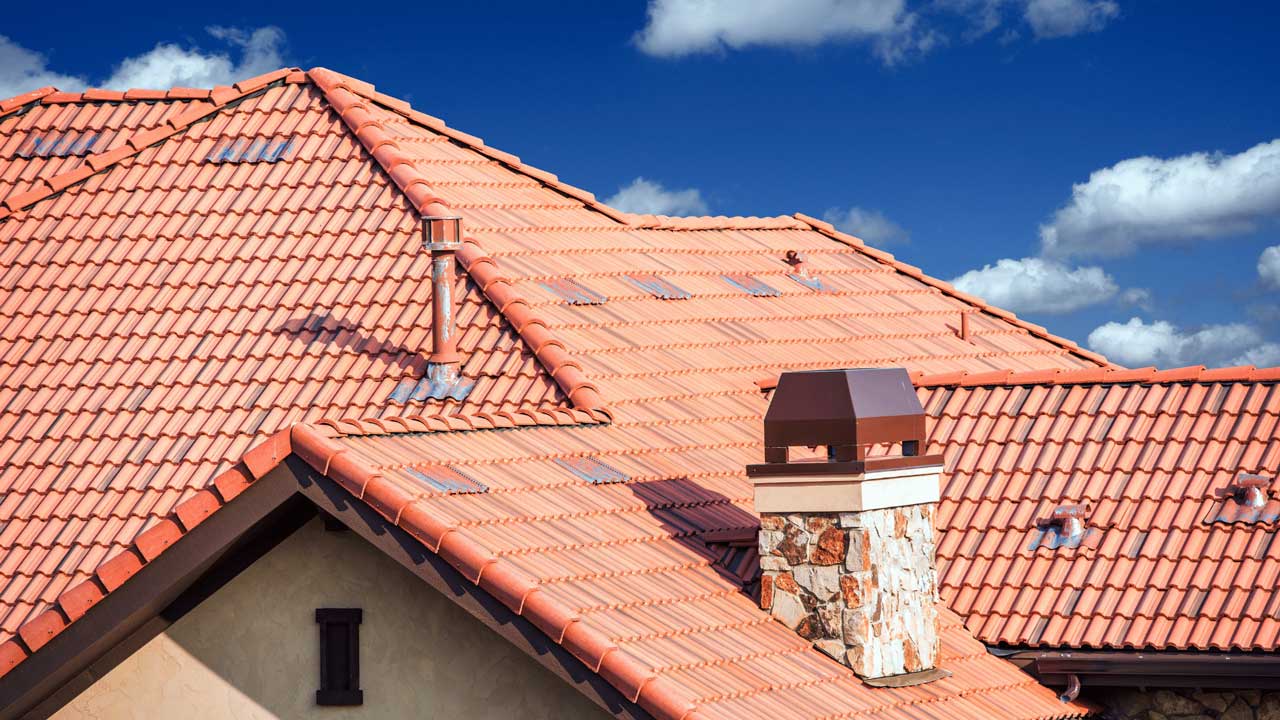Homeowners understand the importance of regular inspections to ensure a safe and well-maintained home. Professional inspection services can help detect potential problems early, saving time and money in the long run.
Knowing when it is best to have these professional inspections done is essential for any homeowner who wants to protect their investment. The frequency with which one needs to get an inspection depends upon several factors such as location, age of the house, presence of pets or children in the house, etc.
It is important to make sure that all aspects of your home are regularly inspected by professionals as this ensures that no problem goes unnoticed before it becomes more serious and costly. Additionally, understanding what types of inspections need to occur during different times is crucial. It provides provide homeowners with peace of mind knowing that they are doing everything possible to keep their home healthy and safe.
Types Of Home Inspections
Home inspections are an important part of the home buying process, as they provide detailed information on the condition of a house.
Professional home inspectors typically follow standards established by professional organizations such as ASHI (American Society of Home Inspectors) or NAHI (National Association of Home Inspectors). These inspection standards help ensure that all aspects of the property are evaluated and reported accurately to the buyer.
A professional inspection can cost anywhere from $200-$600 depending on the size and complexity of the home. It is typically recommended to have at least one major component inspected annually, such as HVAC systems or plumbing fixtures.
Buyers should also take advantage of any warranties available from previous owners when purchasing a home so that costs associated with repairs can be minimized down the road.
When To Have A Professional Inspection Done
Home inspections are an important part of the home buying process, allowing buyers to assess potential issues before making a purchase. It is essential for homeowners to understand when it is necessary to have a professional inspection done in order to ensure their investment is protected and viable.
When determining when to have a professional inspection completed, there are several factors that should be taken into consideration such as costs involved and insurance coverage. Homeowners must consider the age of their house, any renovations or remodeling that has been done, and any known problems with the property prior to obtaining an inspection.
Additionally, certain types of homes may require more frequent inspections than others due to local building codes or regulations. The cost associated with having a professional inspection can vary depending on geographical location and other factors. Insurance coverage may also help offset some of these expenses if applicable.
Understanding all related costs is critical in determining when a home should be professionally inspected. It is recommended that homeowners consult with professionals who specialize in home inspections in order to better understand what type of service they need and how often they should expect it. Taking these steps can provide peace of mind knowing that one’s investment will remain secure over time by utilizing regular maintenance checks and updates if needed.
The Benefits Of Professional Inspections
Professional inspections can be a great benefit for any home or business owner. They provide cost savings, as they allow for early detection of issues that could lead to more costly repairs in the future if left unchecked.
Professional inspections are also beneficial because they give homeowners and businesses peace of mind knowing that their property is safe and up to code. Regular inspections ensure all components such as electrical wiring, plumbing systems, HVAC units, appliances, roofing materials, and other structural elements have been examined by an experienced professional.
In addition to providing safety assurance, regular inspections can alert homeowners and business owners when major maintenance projects are needed so they can plan ahead financially rather than being surprised with expensive repair costs later down the road.
Inspections should be done regularly according to local building ordinances or manufacturer recommendations to keep buildings in compliance with codes while avoiding potential hazards like fire or carbon monoxide poisoning. By having routine professional inspection services performed on properties, individuals will gain insight into what might need attention now or may need it soon in order to maintain safety standards and avoid costly problems in the future.
Common Problems Found Through Professional Inspections
Professional inspections are essential in order to identify and address any potential problems that could arise.
Common issues which can be uncovered include:
- Mold growth
- Water damage
- Structural defects
- Pest infestations
Mold growth is an especially serious issue – left untreated it can quickly spread to other areas of the home and cause further damage such as weakened walls or ceilings due to dampness.
Water damage should also be taken into consideration during a professional inspection; this ranges from plumbing leaks, roof leaks, foundation cracks or pooling around the foundation of the home.
Both mold growth and water damage can become very expensive to repair if not addressed earlier on so regular inspects are vital for maintaining the safety and value of your home.
Choosing A Professional Inspector
Choosing a Professional Inspector requires careful consideration and research. When selecting an inspector, it is important to consider the criteria that best fits your needs. The selection criteria should include factors such as experience, licensing requirements, availability, cost of service, and qualifications.
It is also essential to confirm the license status of any potential inspector before hiring them. Most states require inspectors to have an active and valid license in order to perform inspections.
Additionally, some professional organizations offer certifications for inspectors after they pass certain exams or complete required continuing education credits. It may be beneficial to look into these designations when choosing an inspector as they can provide additional assurance that the person you hire has gone through rigorous training and holds the highest standards of knowledge in their field.
Preparing For A Professional Inspection
Prior to having a professional inspection done, it is important for one to familiarize themselves with the pre-inspection checklist.
This will help them gain an understanding of what they should expect during the process and ensure that all necessary steps are taken prior to the start of the assessment.
It is also beneficial to take into consideration potential inspection costs which may be incurred as part of this process.
Knowing these upfront can provide more clarity on budgeting and expectations for any additional costs that may arise from the inspection.
By taking proactive measures such as establishing a pre-inspection checklist and being aware of associated costs, individuals can better prepare for their upcoming professional inspections.
In doing so, they increase their chances for successful outcomes when seeking out third party assessments.
After The Home Inspection
Homeowner inspection costs vary greatly depending on the size and type of property being inspected. An average home inspector charges between $300-$500 for a basic inspection, but prices may go up significantly if additional services are required such as mold testing or radon gas sampling.
It is important to verify that any potential inspector has the necessary credentials and adheres to industry standard inspection protocols prior to hiring them. The standards set by organizations like ASHI (American Society of Home Inspectors) can provide insight into what should be expected from an accurate professional assessment.
In addition to structural elements such as roofs, walls, foundations, and electrical systems; inspectors also look at plumbing fixtures, HVAC equipment, appliances, drainage systems and other components. Depending on local building codes, certain items may need to be tested regularly in order to ensure safe operation and prevent costly repairs down the line.
Knowing exactly what needs checking is key when having a home inspected.
Conclusion
Professional inspections are an important part of the home buying and maintenance process.
The type, frequency and timing of inspections will depend on the specific needs of each property.
Homeowners should be aware that not all problems can be identified during a professional inspection.
However, having regular inspections done by a qualified inspector allows for peace of mind in knowing that any potential issues have been addressed before they become more serious or costly repairs.
A professional inspector can help identify existing issues as well as provide advice on preventative measures to ensure future safety and integrity of the home.


